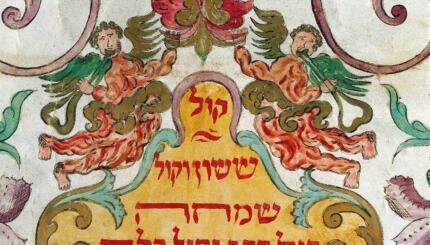Ask most schoolchildren the meaning of Passover and they will say “freedom,” or perhaps, “freedom from slavery.” They aren’t wrong, but the answer is incomplete in a very important way.
The famous Passover phrase, “let my people go,” is abbreviated. The full sentence is, “Let my people go that they may serve me.” The historian of ideas, Isaiah Berlin, made a famous distinction between being “liberated from” and being “liberated to.” To be liberated from oppression is the beginning of freedom, not its end or aim. True freedom is abundance of opportunity, not absence of obligation. A man in a desert alone is not free. Standing in a developed society with a thousand obligations but also a million possibilities, that is freedom. In other words, freedom is about the ability to fulfill one’s potential, not just about the absence of coercion. I am not free to play the saxophone, because I don’t know how. I am, however, free to learn how to play it.
Passover encourages us to understand that our lives are not about evading responsibilities. Service to God, to one another and to what is best in ourselves — that is the freedom taught by this beautiful, lasting festival.
Rabbi David Wolpe’s musings are shared in My Jewish Learning’s Shabbat newsletter, Recharge, a weekly collection of readings to refresh your soul. Sign up to receive the newsletter.
With your help, My Jewish Learning can provide endless opportunities for learning, connection and discovery.



